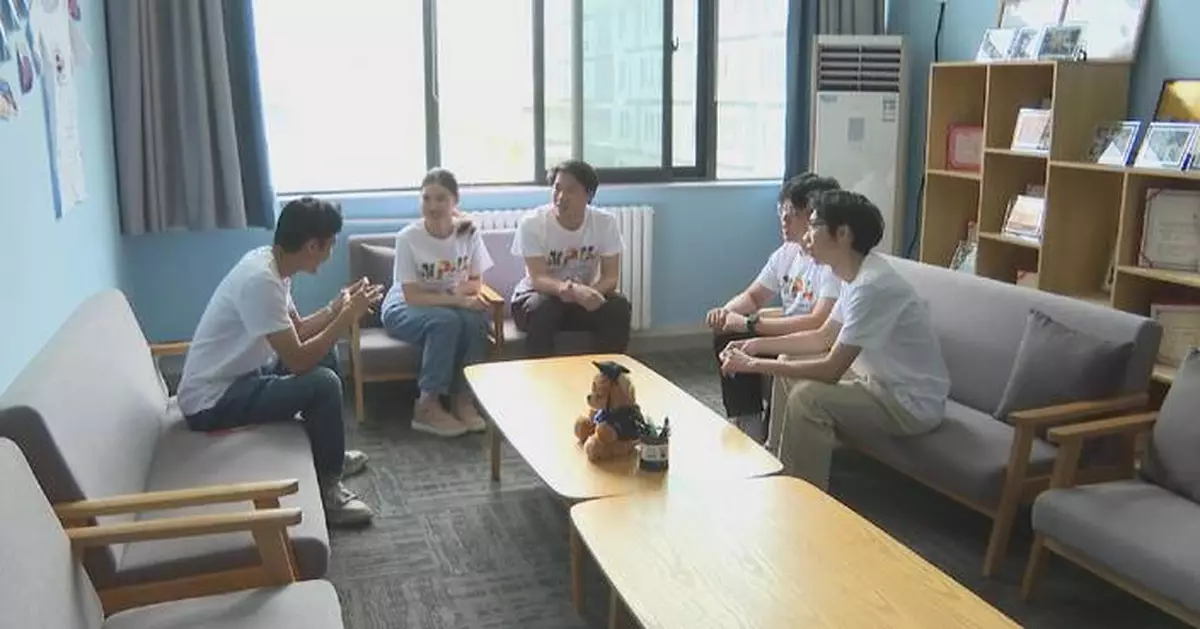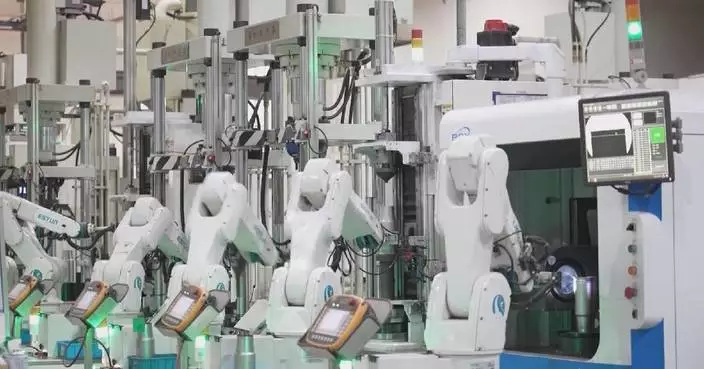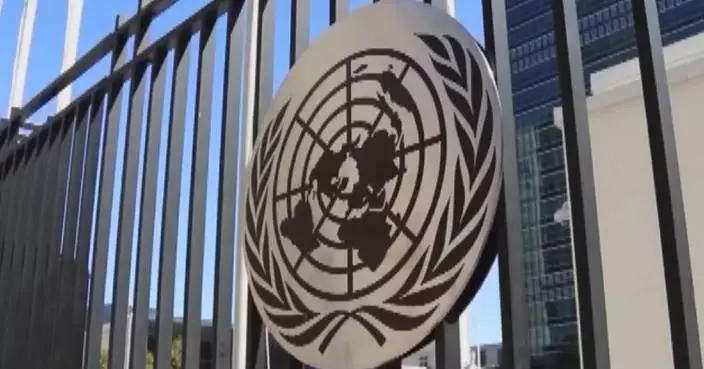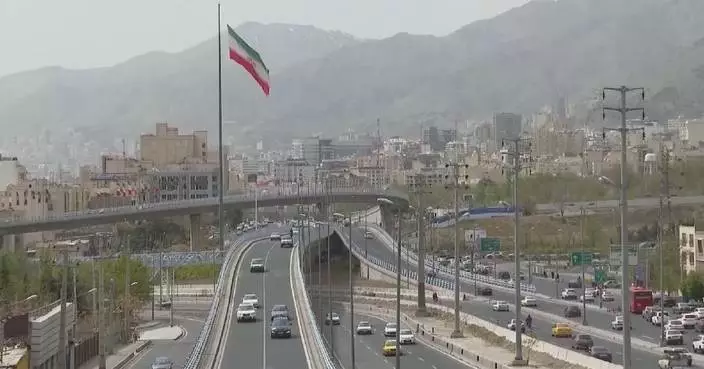An increasing number of Malaysian students are choosing to pursue their academic dreams in China - becoming not just scholars, but also cultural ambassadors who strengthen the bonds between the two nations.
Among them is Dai Zunyu, a Malaysian student currently pursuing her master's degree at the Northwestern Polytechnical University in Xi'an, the capital of northwest China's Shaanxi Province, which also served as the capital of 13 ancient dynasties.
Dai, who began learning Chinese in childhood, says her fascination with the language and culture brought her to China seven years ago, and the journey has been inspiring.
"Xi'an has a history of 3,000 years. So, as soon as I arrived, I went to see the Terracotta Warriors with my family. Over time, my interest expanded from history to geography. Besides Xi'an, I've also visited Shanghai, Nanjing, and Chengdu. For the upcoming Labor Day holiday, I plan to explore Chongqing," Dai said.
Over the years, Dai's Mandarin skills have improved significantly, and her travels across China have deepened her understanding and appreciation of the country's vast landscapes and rich cultural heritage.
As China becomes increasingly prominent on the world stage, it is also attracting more young Malaysians. Dai often finds herself approached by peers eager to learn what it's like to study and live in China.
"I like sharing stories about international student life with them. I believe there are great opportunities for personal development in China, especially in my field, brain-computer interface technology. China is a very excellent place to study this. More importantly, China's global influence and positive image inspire a sense of aspiration among Malaysians, which motivates many to come here," said Dai.
Today, more Malaysian students are choosing China as a destination not only to acquire cutting-edge knowledge but also to engage in meaningful cross-cultural exchange. As they chase their dreams, they are also helping build bridges between people in the two neighboring countries.
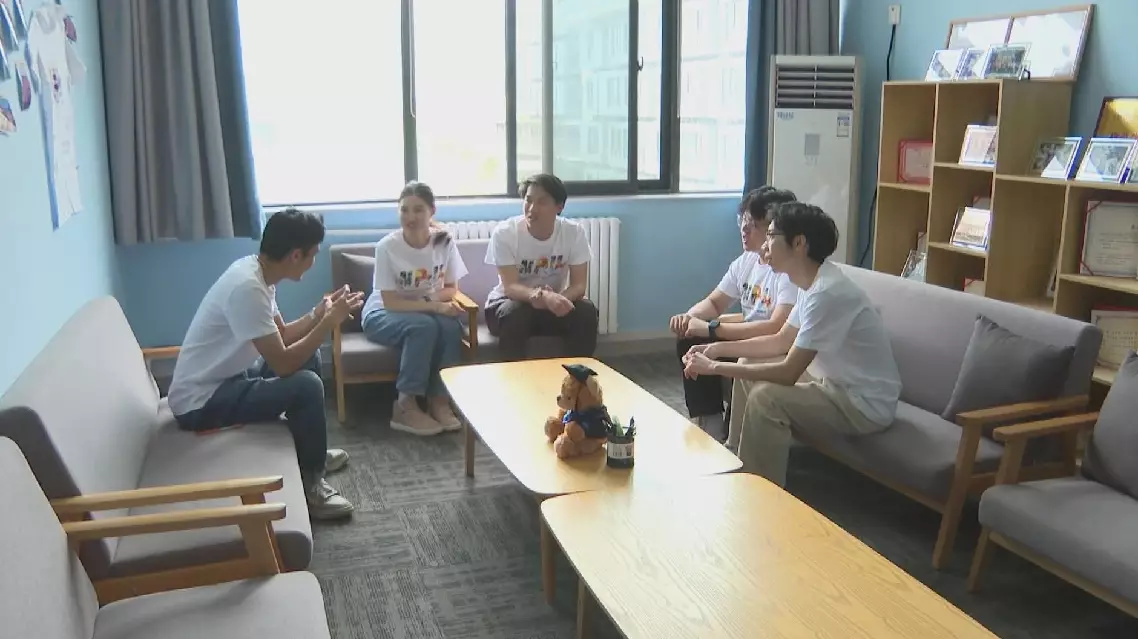
Malaysian students in China build bridges for cross-cultural exchange
Bishan District in southwest China’s Chongqing Municipality is setting a new benchmark in urban drainage through its innovative "sponge city" model.
Bishan District was selected in February 2017 as a pilot for climate adaptation, and has developed itself into a sponge city.
By utilizing permeable bricks, the ground is enabled to absorb water more effectively, enhancing natural infiltration. In addition, rain gardens function as natural reservoirs, while school rooftops have been transformed into verdant green spaces.
Overall, this innovative approach not only helps mitigate urban flooding, but also contributes to improving the local microclimate -- an exemplary model of ecological urban development.
"What is a 'sponge city'? It's an urban development concept that treats the city like a giant sponge -- absorbing water when it rains and releasing it when needed. The system is highly flexible," said Tang Chuandong, a planning designer of the Western Branch of the China Academy of Urban Planning and Design.
Over the recent years, Bishan District has developed mini sponge systems.
"Solid buildings and hard ground aren't very adaptable when it comes to climate change. For that reason, we incorporated sunken areas into industrial park designs to create rain gardens -- mini ecological sponge systems," Tang said.
When it rains, water is collected in these gardens and is filtered through vegetation, soil and sand layers before being stored in underground tanks. Multiple small sponge systems beneath large buildings help disperse, manage and store rainwater more effectively. Additionally, Bishan District's sponge city initiative has made the ground more permeable.
"We've laid permeable bricks with a certain porosity. This allows rainwater to seep into the ground, thereby reducing surface water buildup," said Tang.
Tang also highlighted the ecological benefits of transforming school rooftops into lush green spaces.
"Typical rooftops are just bare concrete. But when building a sponge city, like here at the school, aside from the greenery around us, we also green the rooftop. The area most exposed to sunlight is our rooftop, right? We turned the roof into a green sponge system by laying down soil, scattering seeds, and growing grass. It's like giving the rooftop a 'green jacket'. Doesn't it feel cooler?" he said.
"Don't underestimate the small green roof. As the Chinese saying goes, 'No good deed is too small to be done.' One roof may have limited impact, but if many buildings, or an entire city, adopt green roofs, the effect on urban climate regulation could be extremely substantial," said Tang.
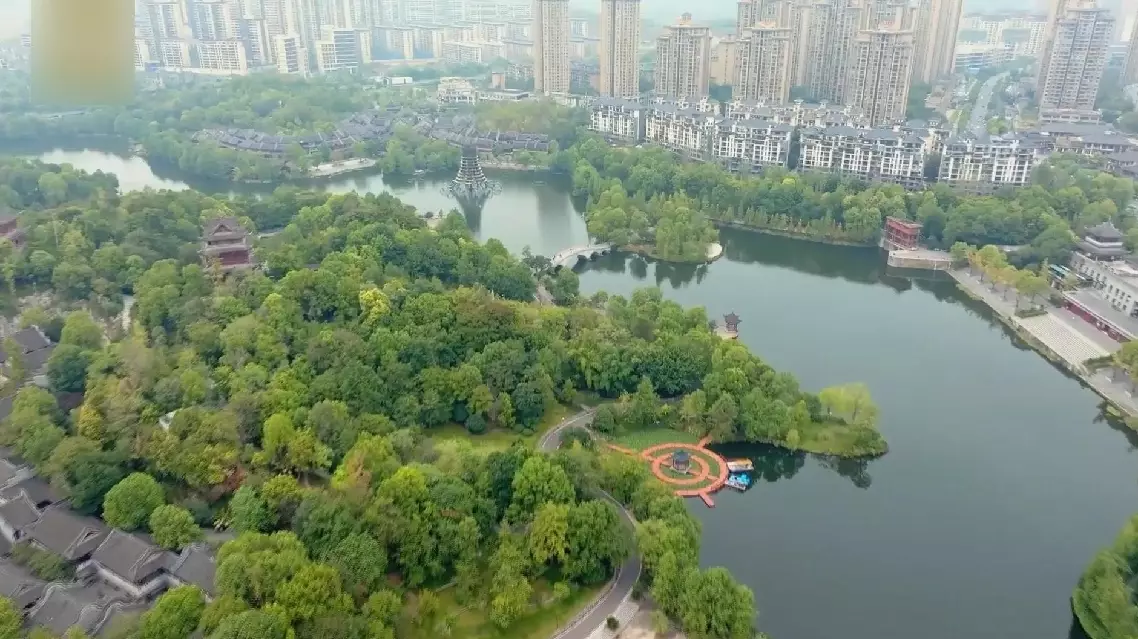
China's Chongqing innovates urban drainage with "sponge city" model



